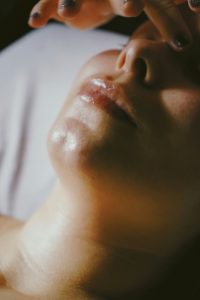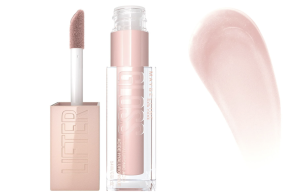Roaccutane

Roaccutane is known as a controversial drug to treat severe acne. Often, it is a last resort for many because of the serious potential side effects. It is known as a ‘miracle drug’ for dramatic improvement in clear skin, offering a reprieve from persistent acne. This article explains how Roaccutane (isotretinoin) works and the effects it has on the mind and body. It also, explains the requirements you will need to follow while taking Roaccutane to reduce the likelihood of serious significant side effects.
What is Roaccutane?
‘Roaccutane’ is the brand name for the drug, and the drug itself is called ‘Isotretinoin’. Isotretinoin is closely related to vitamin A and is a part of the retinoid family. It’s a powerful drug that works in a variety of ways combating multiple factors that cause acne.
What does Roaccutane do to your skin?
Acne scarring and severe acne can be treated with Roaccutane to help shed the top layers of skin. The Roaccutane capsules target the oil glands and shrink and reduce their production of oil, limiting the number of blocked pores that cause acne. This results in keratinisation, a process whereby the cells from your epidermis rise to the skin surface, becoming filled with a type of protein called keratin. Also, the medicine reduces bacteria that cause acne and relieves inflammation.
How quickly can you see results?
Typically, Roaccutane starts to work after 7- 10 days. Statistics from the Medicine and Healthcare Products Regulatory Agency report a 95% success rate 4-6 months after treatment. Amongst, 70% report never suffering from acne again. Each patient reacts differently, and some experience worse acne within the first two months of treatment, however, the severity of acne improves dramatically within three months. Most courses of treatment last 6 months.
Who prescribes Roaccutane?
Only dermatologists can prescribe Roaccutane because of the severity of the drug’s side effects. Roaccutane can prescribed on the NHS and privately. A thorough examination of a patient’s acne is required in person to authorise the prescription to treat the acne. Blood tests, consent forms and monthly pregnancy tests are necessary follow-ups throughout treatment.
Potential side effects?
The side effects of Roaccutane differ between individuals; you must be aware of all potential side effects to recognise them. Very commonly, patients report extremely dry lips, sensitivity to light, joint pain, dry eyes, back pain, nose bleeds, and, in rare cases, headaches. In some instances, Roaccutane has been associated with severe depression and the onset of psychiatric disorders.
You cannot take Roaccutane whilst pregnant and need to be four weeks free before falling pregnant. There is research proving that the drug harms babies and has serious defects.
Written by Millie Cooke
The feature photo is from WGSN.









